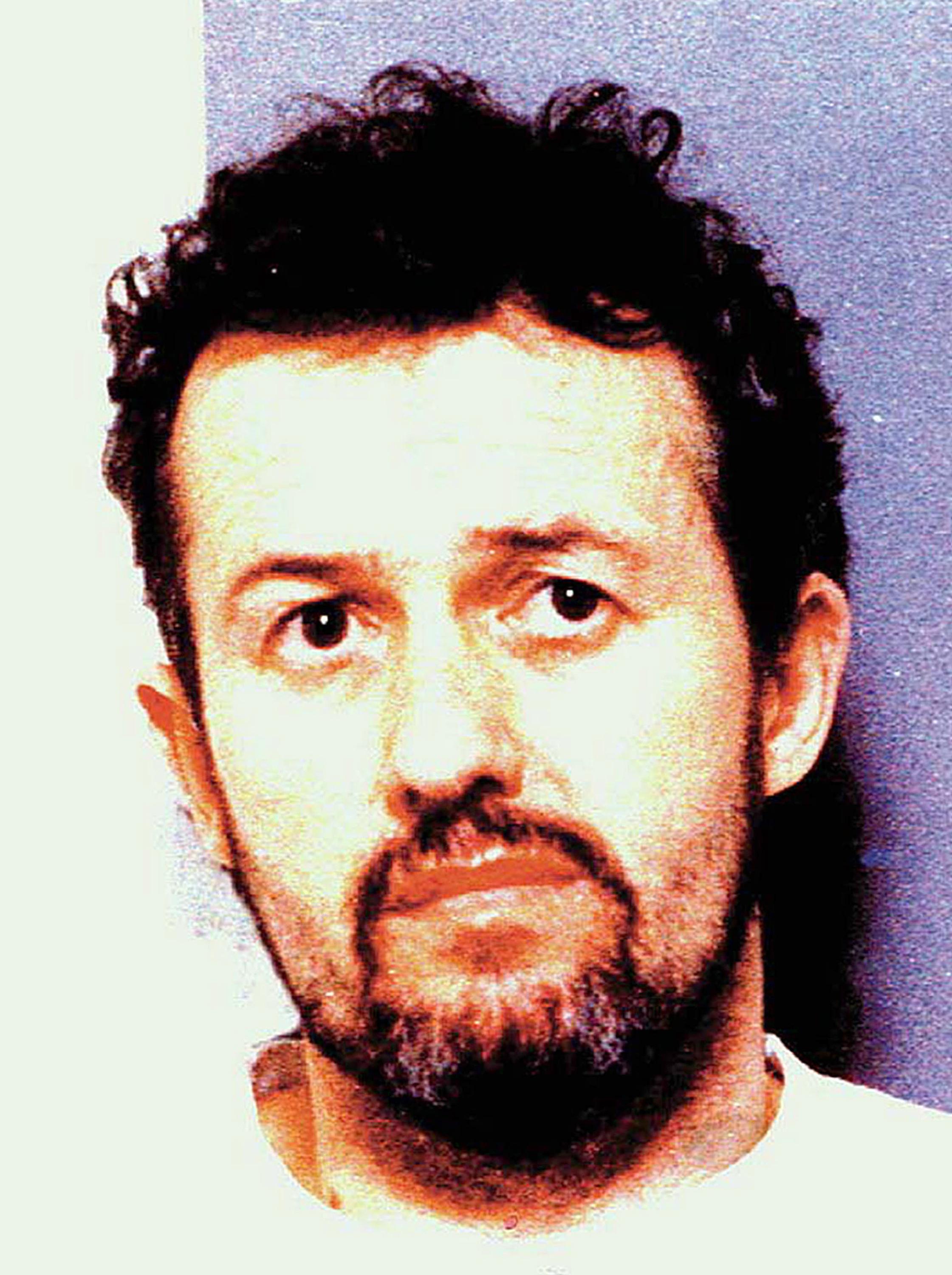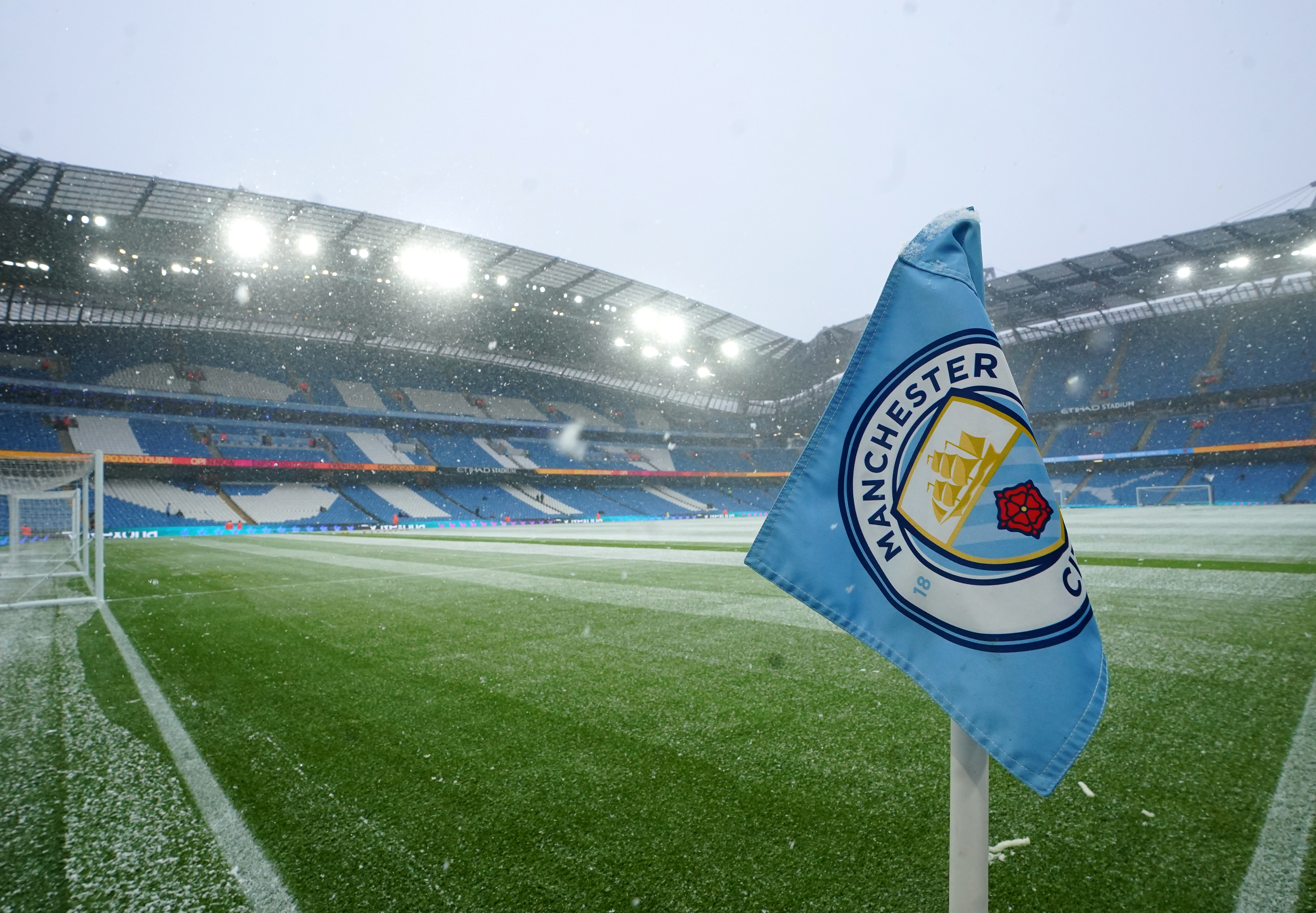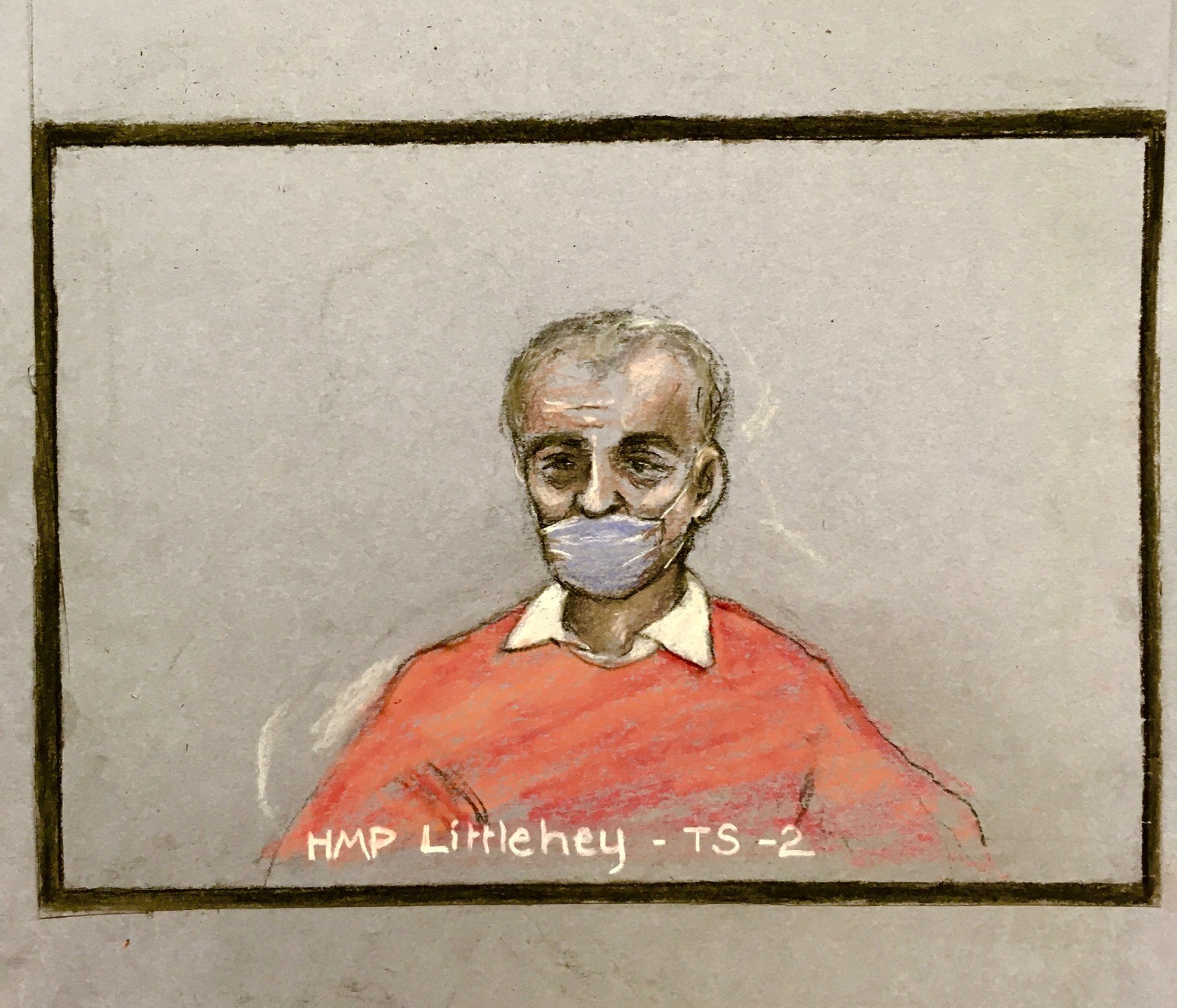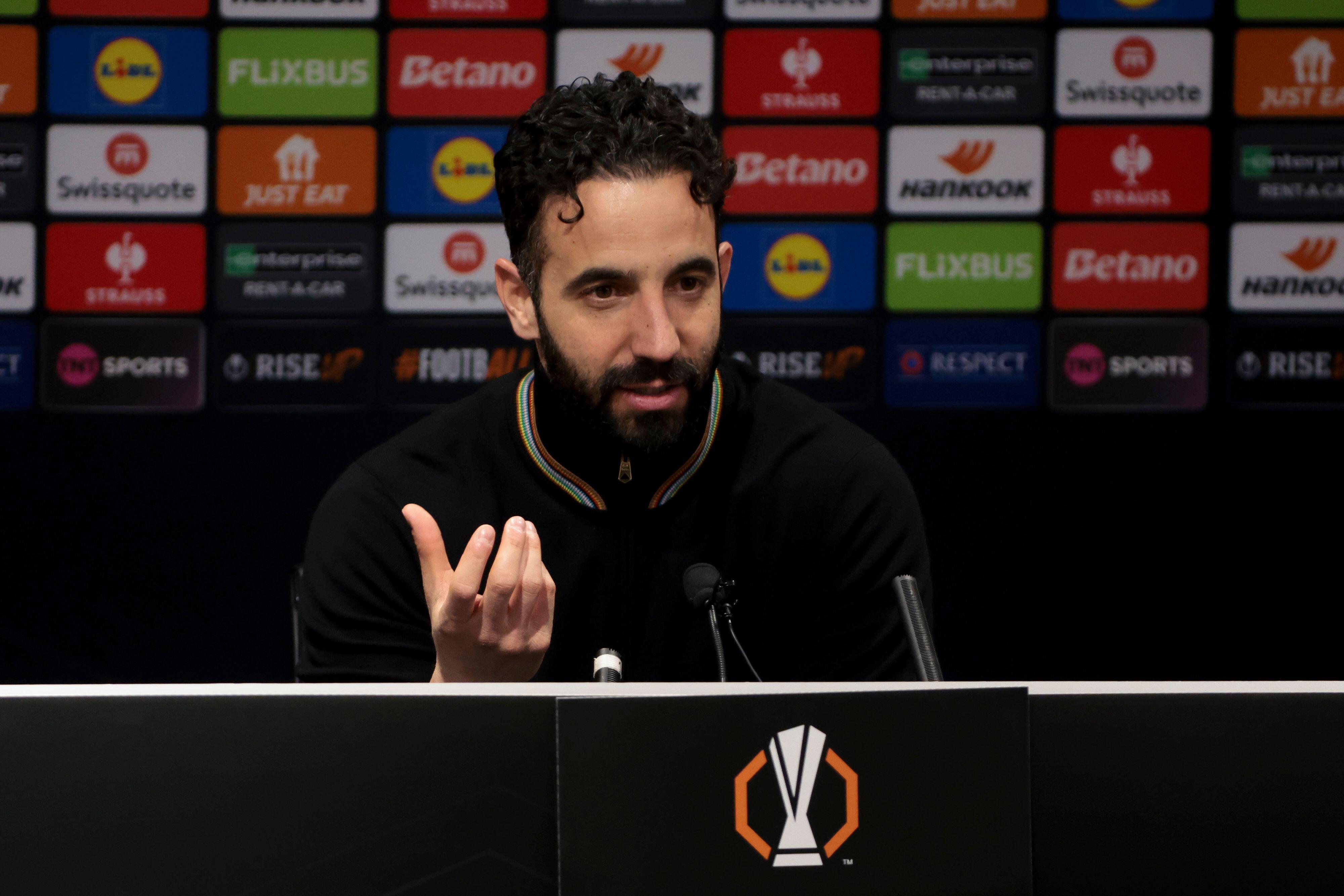Barry Bennell abuse accusers lose damages claim against Manchester City

Eight men who sued Manchester City after complaining of being abused by paedophile Barry Bennell more than 30 years ago have lost a High Court fight.
The men, now in their 40s and 50s, said Bennell, now 68, abused them when they were playing schoolboy football for teams he coached in north-west England between 1979 and 1985.
Mr Justice Johnson finished overseeing a trial at the High Court in London in December and ruled against the men on Monday.
The men claimed that Bennell, who became a coach at Crewe Alexandra in 1985, was a scout for City during that time and argued the relationship between Bennell and City was “one of employment or one akin to employment”.

They claimed the club, referred to as MCFC, was vicariously liable for the harm they suffered, which City bosses denied.
The eight men claimed damages for psychiatric injuries and six of them also claimed damages for loss of potential football earnings.
Mr Justice Johnson said the connection between the abuse and Bennell’s relationship with City was insufficient to give rise to vicarious liability.
Get FourFourTwo Newsletter
The best features, fun and footballing quizzes, straight to your inbox every week.
“The relationship gave Bennell the opportunity to commit the abuse, but MCFC had not entrusted the welfare of the claimants to Bennell,” the judge said.
“It follows that it has not been shown that MCFC is legally responsible for Bennell’s acts of abuse.”
He added: “Each claim is therefore dismissed.”
City said Bennell was a local scout for them in the mid-1970s but not between 1979 and 1985.
Bennell, who is in jail after being convicted of a string of child sex offences in recent years, also denies being linked to Manchester City during the 1980s.

He told the judge that he had been a “local scout” for City between 1975 and 1979, but not between 1979 and 1985.
Bennell, who gave evidence at the trial via video link from HMP Littlehey, near Huntingdon, Cambridgeshire, where he is being held, said the “reality” was that he “was never” a City coach and, “after 1978/1979”, junior teams he coached had “no connection at all” with City.
But he told the judge that he had “always used and exploited” his previous connections with City for his “own benefit”.
City said in a statement: “Manchester City has seen Mr Justice Johnson’s decision.
“Importantly whilst he found that the club was not vicariously liable for the actions of Barry Bennell, it was accepted by all parties that the abuse did take place.
“We understand that the legal team for the claimants intend to appeal the decision and in respecting their right to do so, it would therefore not be appropriate to comment further on these specific proceedings, which remain ongoing.
“Manchester City has both personally and publicly apologised without reservation for the unimaginable suffering that each survivor experienced as the result of abuse they suffered.
“The club reiterates this apology today to the survivors and to the multiple family members and friends affected by the traumatic events, the ramifications of which are felt by so many to the present day and will continue to be felt for a long time to come.”
The Offside Trust, an organisation which offers support to survivors of abuse in sport, said in a statement issued to the PA news agency: “This represents yet another step in the search for justice and truth, but sadly for those involved it has not been the outcome they had hoped for.
“The Offside Trust appreciates how difficult it has been for these men to have to go through these issues again and relive the abuse they suffered.
“We are still there to support all survivors of sexual abuse in sport irrespective of where they are on their healing journey. Survivors don’t just recover overnight.
“The process is like a roller coaster with ups and downs at various points in life, so we remain committed to helping those who need it through our survivor support network.”
